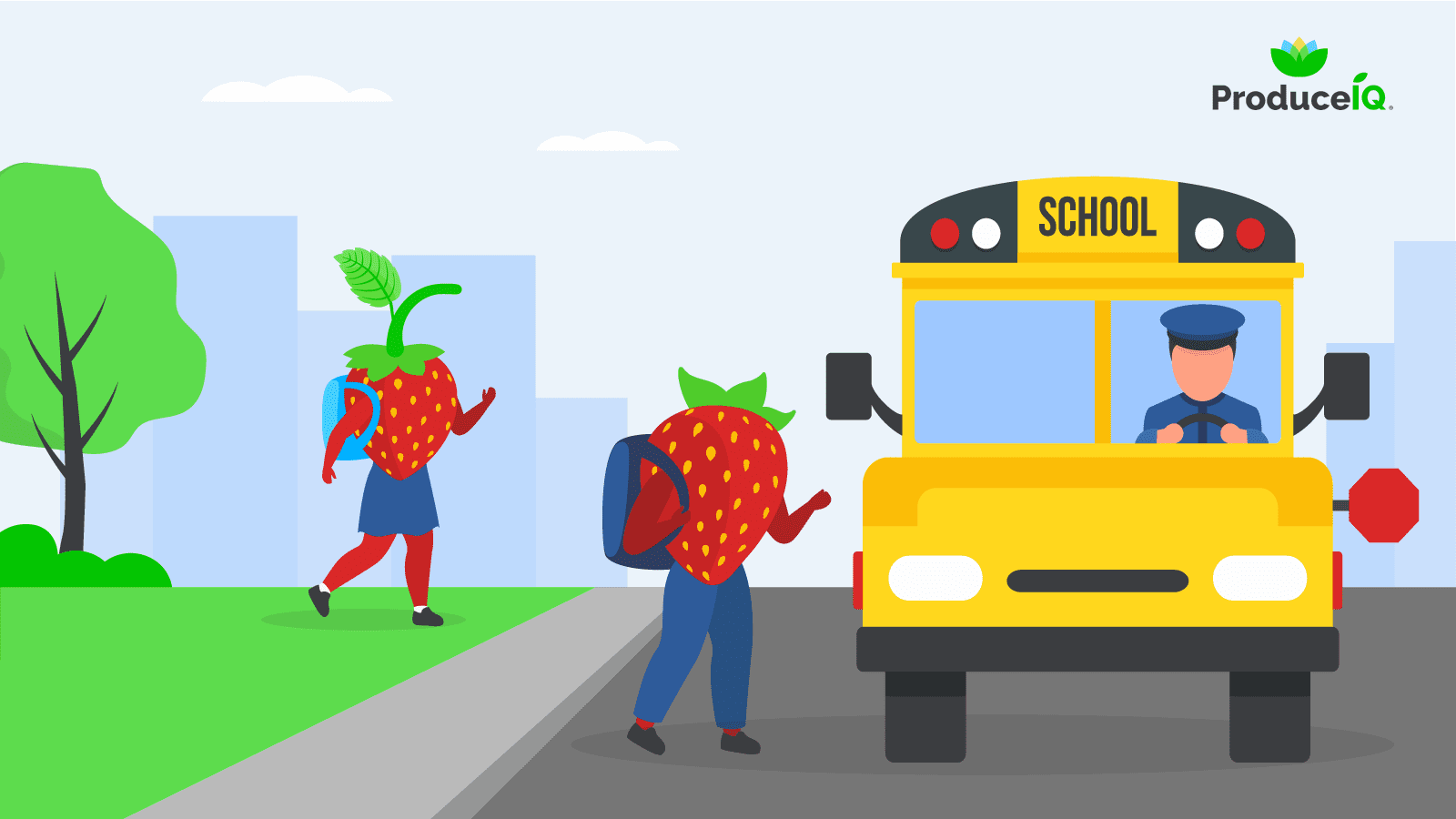While the back-to-school season is usually marked by rejoicing parents and low summer produce prices, extreme weather is forcing some unlikely commodities to pull average prices to a ten-year high.
The ProduceIQ Index for week #31 just surpassed 2022 and all prior years. High heat is fading in some areas again this week, but the effects won’t be easy to shake off.
ProduceIQ Index: $1.25/pound, up +3.3 percent over prior week
Week #31, ending August 4th
Blue Book has teamed with ProduceIQ BB #:368175 to bring the ProduceIQ Index to its readers. The index provides a produce industry price benchmark using 40 top commodities to provide data for decision making.
Up +13 percent over the previous week, avocado prices surge to a ten-year high. 48 count Hass are crossing Texas for a week 31 record of $72. Anemic supply is causing shortages and forcing buyers to adapt when filling the production gap. Smaller-sized fruit is more readily available, and shortages will likely persist through August.
At $19, strawberry markets resemble prices seen during the cooler months when domestic availability is nil. A combination of issues is contributing to the historic week #31 strawberry prices. A natural decline in the summer crop, poor yields due to intense Spring cold, and fusarium wilt are all conspiring together to force a sizeable gap in supply.
Interestingly, last year, strawberry prices were in a similar situation when demand began to exceed supply between week #29 and week #35. Prices fell significantly post-Labor Day but then predictably rocketed up once again when domestic availability constricted in the fall.
Domestic supply should improve in late August; however, we will watch markets closely to see if there are any early signs that strawberry prices will attempt a 2022 sequel in September.
Strawberry prices surpass 2020 and 2022 to reach a new high of $19

Heat and pest pressure aren’t doing the waning broccoli supply any favors. Primarily due to excessive heat, the reported week #31 supply in the Salinas/Watsonville growing area is the lowest in the last five years. Supply will remain tighter, and prices will be elevated until growers get a break from the erratic weather that has defined summer 2023.
Broccoli prices begin an early rise, exceeding $17, before a volatile season.


At $49, brussels sprouts pause to admire the view. Domestic areas responsible for brussels sprout production, such as Salinas and Santa Maria, CA, are experiencing unseasonably low yields due to quality issues. A break from the heat in California may give markets a chance to catch up over the next couple of weeks.
Asparagus apparently missed the last boat off ‘no hope island.’ Supply from Mexican and Peruvian growers is exceptionally tight, with little optimism that it will improve in the immediate future. Although prices are down significantly from the astounding $40 we saw four weeks ago, grass supply is still pretty meager due to heat in Mexico and flooding in Peru.
Peruvian Asparagus (11 lb.) prices surpass $34, reaching another new high.


Please visit Stores to learn more about our qualified group of suppliers, and our online marketplace, here.
ProduceIQ Index
The ProduceIQ Index is the fresh produce industry’s only shipping point price index. It represents the industry-wide price per pound at the location of packing for domestic produce, and at the port of U.S. entry for imported produce.
ProduceIQ uses 40 top commodities to represent the industry. The Index weights each commodity dynamically, by season, as a function of the weekly 5-year rolling average Sales. Sales are calculated using the USDA’s Agricultural Marketing Service for movement and price data. The Index serves as a fair benchmark for industry price performance.



